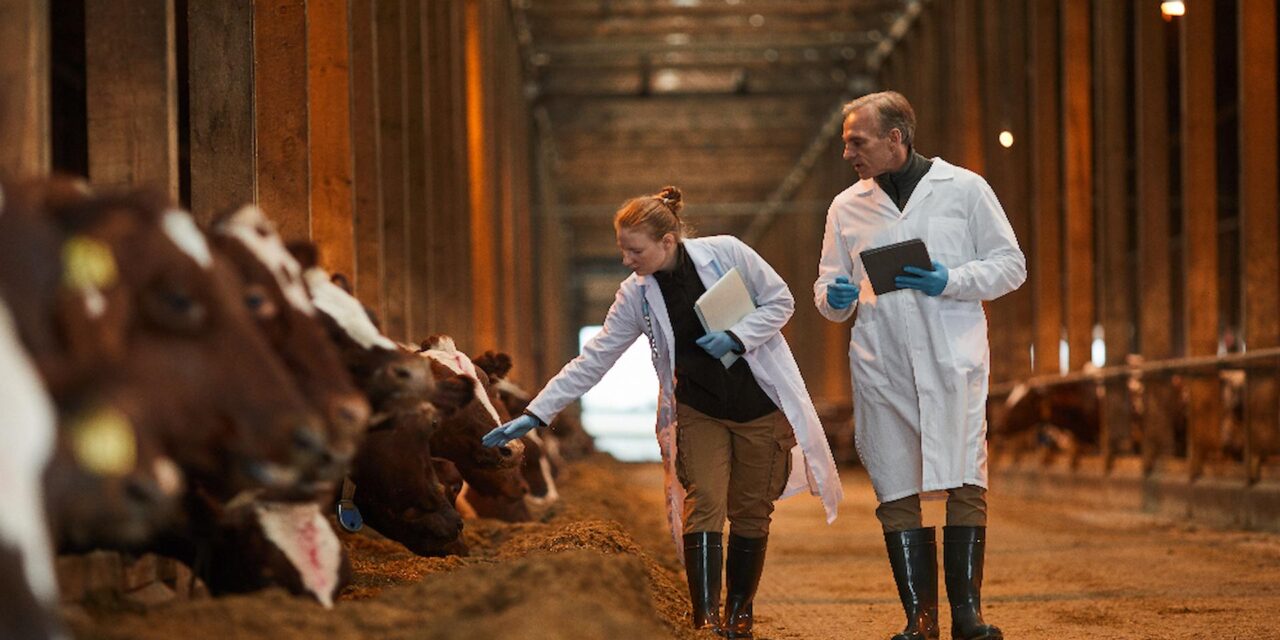
Raising Healthy Cattle: An Expert’s Guide

Cattle farming represents a demanding but rewarding way of life. Whether raising beef or dairy herds, ensuring your cows stay healthy and productive requires diligent daily care. From newborn calves to mature milk cows, each life stage presents unique needs for proper nutrition, housing, medical attention, and more.
With some smart planning and excellent management practices, your operation can maximize growth rates, reproductive performance and longevity while preventing costly health issues. Healthy, well-cared-for cattle translate into higher quality beef and dairy products.
Calf Care
The first few months of a calf’s life set the stage for their future development. Vigilant monitoring and fast response to any illnesses gets calves off on the right hoof.
For starters, provide clean, dry calving areas for birthing along with high-quality colostrum within the first 24 hours of life. This critical first milk provides calves with vital antibodies and nutrients.
Then make sure each calf receives their full daily portion of liquid feed like milk replacer or a milk-based diet for proper hydration and nutrition. Gradually introduce calf starter grains and protein supplements as recommended for optimal growth and rumen development.
Comfortable Housing
As cattle mature into heifers and cows, their housing environment directly affects health status. Well-designed pens, barns, and pasture areas promote excellent welfare.
Cows housed in free stall or bedded pack barns need adequate stall space sized appropriately for their body weight. Proper ventilation, lighting, accessibility to feed bunks/waters, and low-stress stall features safeguard against injuries or respiratory problems.
For grazing herds, prevent overcrowding on pastures by frequently rotating cows to fresh paddocks. Give them access to quality drinking water sources, minerals, and shelter from excessive heat/cold. Wet, muddy conditions can lead to mastitis, foot rot and other issues.
Balanced Nutrition
No single factor affects cattle health and performance more than a balanced, nutrient-rich diet formulated by an experienced nutritionist. According to the experts at Energy Feeds International, optimal cow-cattle feed rations contain the proper ratios of:
- Energy sources like digestible fiber and non-structural carbs.
- High-quality protein from plant and animal sources.
- Essential minerals such as calcium, phosphorus, and trace amounts.
- Vitamin supplements including A, D and E.
Preventive Protocols
An ounce of prevention proves invaluable when it comes to cattle healthcare. Establish strong herd protocols overseen by your veterinarian:
- Vaccination schedules for calves and cows (respiratory, reproductive, etc.).
- Parasite/pest control through dewormers and deterrents.
- Breeding soundness exams.
- Body condition scoring to assess nutrition levels.
- Timely treatment of any injuries, illnesses, or infections.
Spotting potential problems early and responding promptly with proper medications can resolve many issues before they escalate into bigger emergencies.
Low-Stress Handling
Cattle experience fewer health problems when managed calmly through low-stress techniques. Simple factors like proper cattle chute/alley dimensions to prevent bruising, eliminating excessive prod use or noise/shadows that startle, and trained staff who intentionally move cattle steadily all contribute to lower stress hormones, smoother procedures and improved daily gains or milk production. It pays to prioritize calm, patient cattle handling across all operations.
Genetic Selection
Another smart long-term strategy involves using selective breeding to enhance desirable health traits across each new generation. Bulls and cows with superior genetics for traits like strong immune response and vigor; fertility and reproductive efficiency; structural/feet and leg integrity and longevity and productivity over multiple lactations, produce offspring who are simply healthier, hardier, and higher performing from the start.
Conclusion
At the end of the day, raising productive and profitable cattle requires providing an optimum care environment at every turn. With adequate nutrition, solid preventive health protocols, comfortable housing, calm handling and smart genetics, your herd will thrive for many years.











